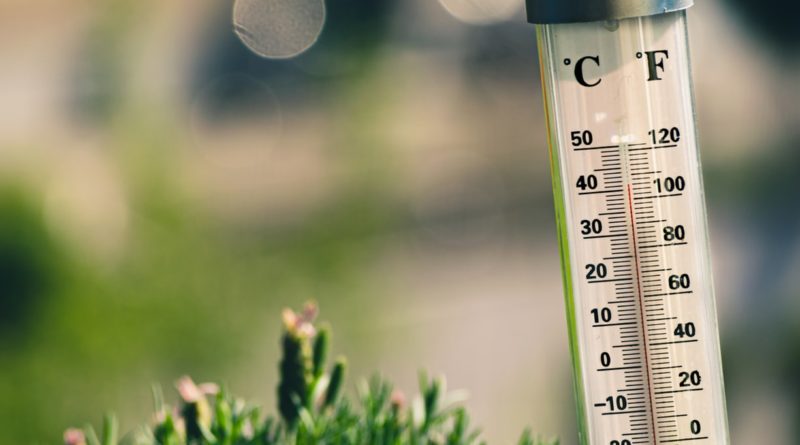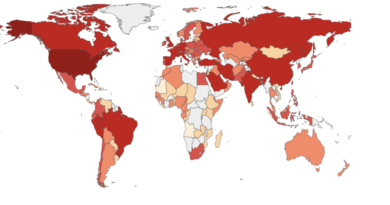Will COVID-19 end in summer?
There are some early findings show that Covid19 may vary by season. The disease shows that it prefers cool and dry weather to spread. Covid-19 cases suggest a link between virus spread, temperature, wind speed, and relative humidity.
Not all pandemics follow seasonal patterns. For example, the Spanish flu peaked in the summer months. But Coronavirus is from the enveloped virus family, which means that they are covered with an oily coating. In colder conditions, the oily coating hardens like rubber, like oil from cooked meat, it hardens to protect the virus for a longer time while outside the body.
Most enveloped viruses show strong seasonality
Research has shown that Sars-Cov-2 can survive hard surfaces such as plastic and stainless steel at temperatures between 21-23C (70-73F) and 40% relative humidity for up to 72 hours. another study showed that one study could live 28 days at 4C degrees.
Cold weather can also have a negative effect on the immune system
There are some studies that show our body’s vitamin D deficiency has a negative effect on our immune system. In winter, our body produces less vitamin D because it is less exposed to sunlight.
However, there is stronger evidence that relative humidity can have a greater impact on our vulnerability to disease. It is thought to reduce the amount of mucus that covers our lungs and airways, especially when the air is dry. This sticky secretion creates a natural defense against respiratory infections, and less, and more vulnerable to viruses.
There are 3 main factors that increase the effect of the virus. Population density, temperature, and median age. All three factors are against Italy. North of Italy is now 7 degrees population density of 206 people per km2 and the median age is 45.
A study from the University of Maryland showed that the virus is most commonly spread in cities and regions where the average temperatures are 5-11C (41-52F) and the relative humidity is low.
We see that the number of cases is not high in countries where there are cases for a long time, hot and high population density. India and the Philippines are examples.
Although Covid19 cases will decrease in summer, it is unlikely to disappear completely. The warming of the weather will reduce the pressure on the countries and allow the health system to be prepared for the other winter season.
Resources:
https://www.medrxiv.org/content/10.1101/2020.03.16.20037168v1
https://www.nejm.org/doi/full/10.1056/NEJMc2004973?query=featured_home
https://www.journalofhospitalinfection.com/article/S0195-6701(20)30046-3/fulltext
https://pubs.rsc.org/en/content/articlelanding/2017/PP/C6PP00355A#!divAbstract
https://www.pnas.org/content/116/22/10905
https://papers.ssrn.com/sol3/papers.cfm?abstract_id=3550308




Fastidious response in return of this question with genuine arguments and explaining everythimg concerning that.
This design is spectacular! You certainly know how to keep a reader entertained. Between your wit and your videos, I was almost moved to start my own blog (well, almost…HaHa!) Fantastic job. I really loved what you had to say, and more than that, how you presented it. Too cool!
I have been checking out a few of your posts and i can state clever stuff. I will make sure to bookmark your site.